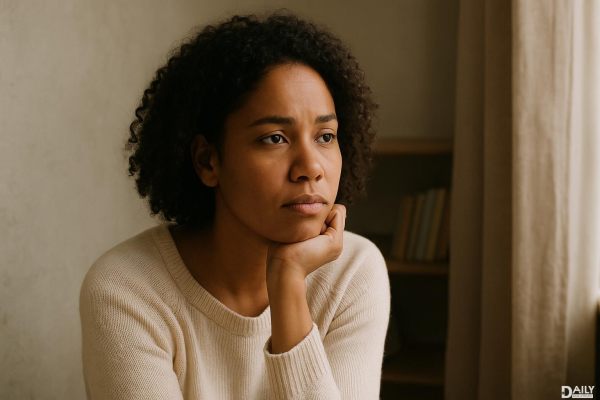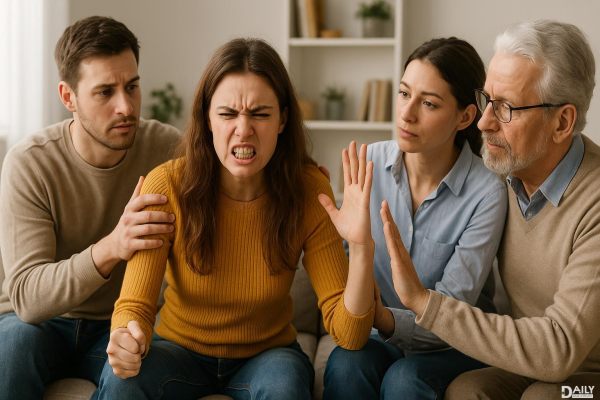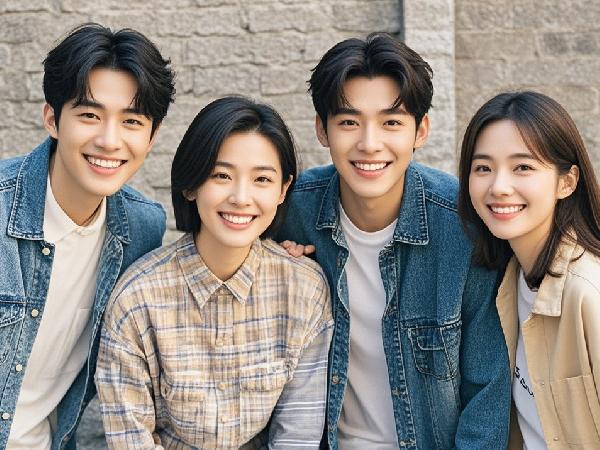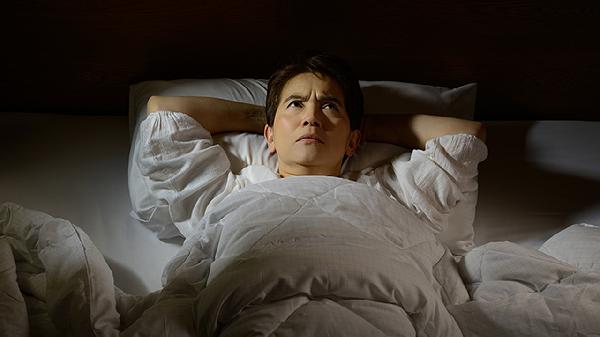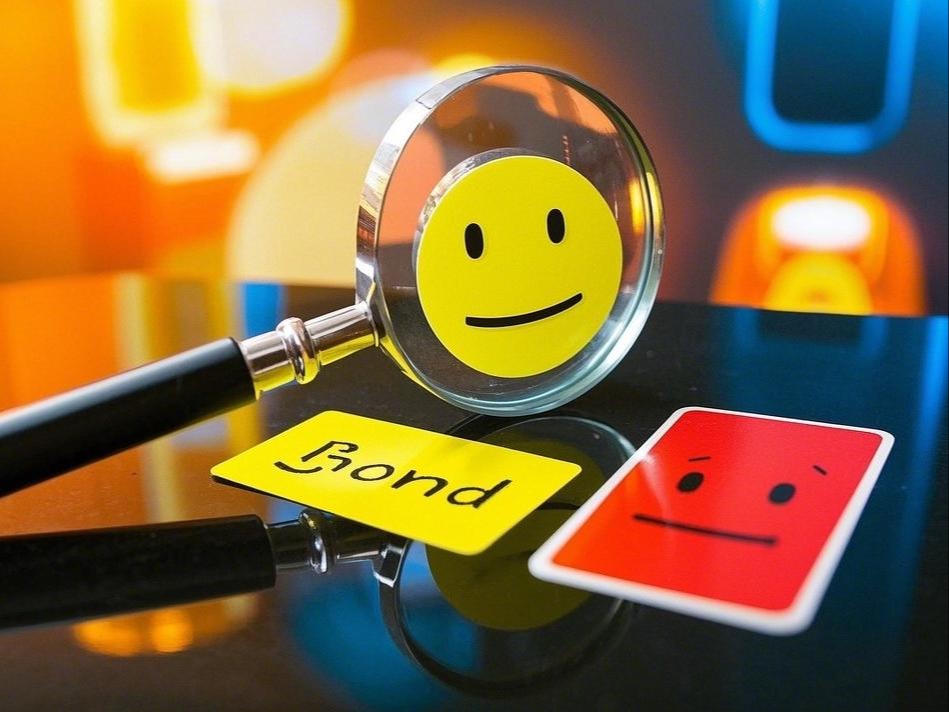Coming out as bisexual during the pandemic was both terrifying and liberating. After years of suppressing my identity within the confines of the Christian church, I finally reached a breaking point—I couldn’t keep pretending to be someone I wasn’t. The fear of judgment had dictated my life for too long, and once I stepped away from that environment, I realized how much I had been denying myself. It wasn’t just about attraction; it was about finally allowing myself to exist fully, without shame or apology. And when I started dating my current partner, I knew I needed to be honest—not just with him, but with myself. That honesty led me to explore open relationships, something I never thought I’d consider, but ultimately, it became a crucial part of my journey toward self-acceptance.
The Weight of Suppression
Growing up in the church, I was taught that queerness was a sin—something to be prayed away or hidden. For years, I internalized that message, convinced that my attraction to women was a flaw I needed to fix. I dated men exclusively, hoping that if I just played the part well enough, the other feelings would disappear. But they didn’t. Instead, they festered, turning into a quiet but persistent ache. The more I tried to ignore it, the louder it became. By the time I hit my mid-20s, I was exhausted. The pandemic forced a reckoning—with so much time alone, I couldn’t outrun my thoughts anymore. I realized that my faith, which had once been my anchor, had become a cage. Leaving the church wasn’t just about stepping away from religion; it was about stepping into myself.
Navigating Honesty in a New Relationship
When I met my partner in 2021, I was still figuring things out. We clicked instantly, but I was terrified of repeating old patterns—of jumping into a relationship with a man and pretending the rest of me didn’t exist. So, I told him the truth: I wasn’t ready to commit fully because I needed to explore my attraction to women. To my surprise, he didn’t run. Instead, he suggested an open relationship. At first, the idea made me nervous—would I feel like a backup option? Would he resent me? But we talked through every fear, setting clear boundaries and checking in regularly. What could’ve been a dealbreaker became an opportunity—for both of us to grow, to communicate, and to redefine what commitment looked like on our own terms.
The First Steps Toward Exploration
Dating women for the first time was equal parts thrilling and nerve-wracking. I downloaded dating apps, swiped with a mix of excitement and imposter syndrome, and went on dates that ranged from awkward to electric. The first time I kissed a woman, my hands shook—not from regret, but from the sheer intensity of finally doing something I’d fantasized about for years. Each encounter felt like reclaiming a part of myself I’d been taught to hate. And with every experience, the shame I’d carried began to dissolve. I wasn’t just discovering my sexuality; I was rediscovering my confidence, my autonomy, and my right to take up space without apology.
Why Open Relationships Aren’t a Compromise
There’s a misconception that open relationships are a "halfway" solution—that they’re for people who can’t commit or who are settling. But for me, it was the opposite. Choosing non-monogamy wasn’t about lacking dedication to my partner; it was about honoring every part of myself. It forced me to confront insecurities I didn’t even know I had—about worthiness, about being enough, about whether love had to be possessive to be real. And through those conversations, my relationship with my partner deepened in ways I never expected. We learned to communicate with radical honesty, to celebrate each other’s joy, and to trust that love isn’t diminished by sharing it.
The Freedom of No Longer Hiding
Looking back, the hardest part wasn’t coming out—it was unlearning the belief that I had to. For so long, I thought my bisexuality was something to manage, something to keep quiet. But the moment I stopped treating it like a secret, it stopped feeling like a burden. Dating women didn’t make me less committed to my partner; it made me more whole. And that wholeness, more than anything, is what I wish I’d found sooner. Not because it would’ve erased the struggle, but because it would’ve reminded me sooner that I was never broken to begin with.
Today, I’m still figuring it out—relationships, faith, identity—but I’m doing it without the weight of someone else’s expectations. And that, more than anything, feels like freedom.
